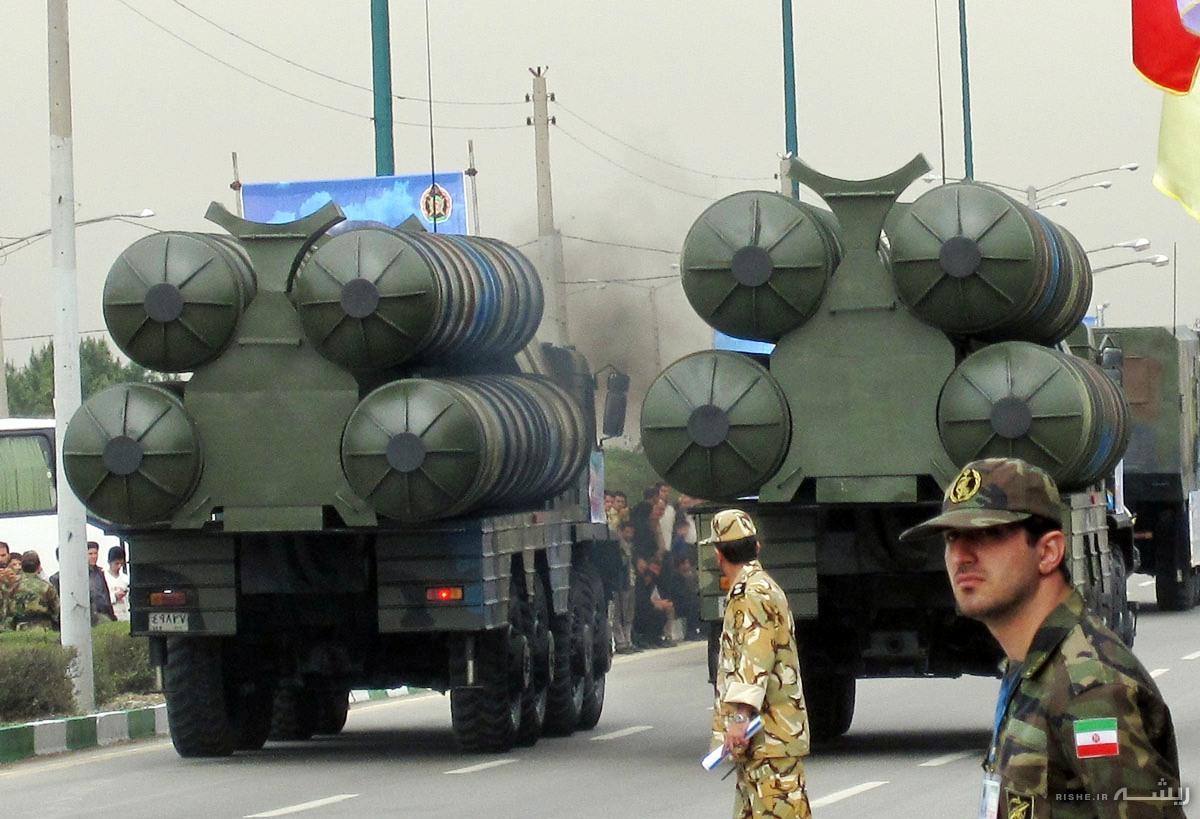The United States’ attempt to extend Iran’s arms embargo, approved by the UN Security Council in 2007, failed on Friday, August 23, and none of its members, except the United States and the Dominican Republic, voted in favor of the draft proposal. The United States has previously said it would trigger snapback mechanism to re-impose sanctions against Iran if the plan fails. The Security Council arms embargo is scheduled to end on October 18. UN Security Council Resolution 2231 provided that the embargo should expire no later than five years after the adoption of the Iran Nuclear Agreement with world powers;
But the United States has argued for more than a year that the sanctions should not be lifted. However, as mentioned, it has not been successful in this regard to date and has not been able to fulfill its demands in the Security Council.
Now, the question is that if the arms embargo on Iran is lifted, what changes we will see in the domestic and foreign spheres, both regionally and internationally. In the domestic sphere, it should be noted that Iran has achieved a series of great and significant successes in the field of defense and we are witnessing a kind of self-sufficiency in many areas of weapons and ammunition. In particular, Iran’s missile capability has been able to make up for some of the shortcomings in the field of fighter jets and military aircraft, which is a great success; But at the same time, the country’s armed forces are seeking to optimize and modernize and use modern technologies, especially their transfer; Therefore, if the arms embargo on Iran is lifted, it could pave the way for meeting some of the country’s defense needs.
Of course, it should be noted that there are very few countries in the world that would sell weapons to Iran if the sanctions are lifted or for Iran to buy weapons from them. Almost all Western countries and other states close to the United States will not enter the arms export process to Iran.
In fact, some technical parts, intermediaries or military routine supplies may be supplied from Western countries, but the probability of selling weapons such as missiles, planes, tanks, ships, etc. from Western countries is almost zero. In the meantime, Russia and China are in a different situation; because preparations for the sale of such weapons by these countries have been made and it seems that the opposition of Beijing and Moscow against Washington’s request to extend the arms embargo on Iran, i.e. the negative vote on the US draft in the Security Council, indicates that these countries want to sell weapons to Iran.
Meanwhile, if the Americans have been trying for months to extend the arms embargo on Iran, it is because they claim that arms sales to Iran will jeopardize the balance of power in the region, pose threats to the United States and its allies, and worry Saudi Arabia and the Israeli regime in the region. In addition, the United States is not only concerned about arms exports to Iran, but also arms exports from Iran are among Washington’s main concerns.










0 Comments